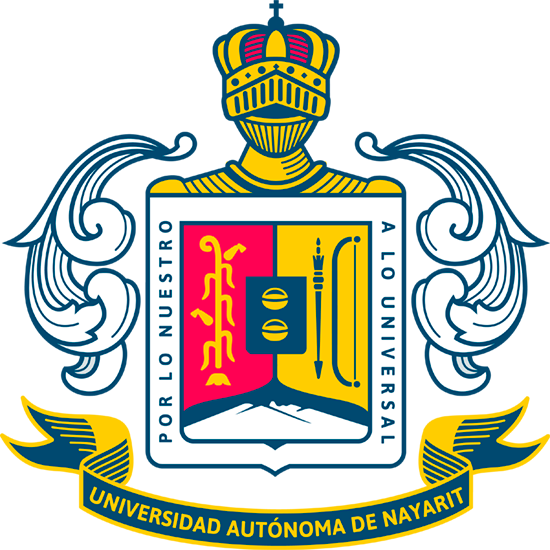Resumen
Due to the characteristics of zero water exchange, small space, decreased level of protein and lower costs than other available technologies for intensive and hyper-intensive cultivation, in recent years investigations of the effect of the biofloc technology (BFT) on the zootechnical parameters of white shrimp (L. vannamei) and water quality parameters have increased. The aim of this review was to analyze the response of physical, chemical and biological parameters on water quality in the systems that involve BFT and shrimp culture. Results showed that within systems to improve water quality, plastic materials have been tested to increase the surface area, sedimentation tanks to reduce total suspended solids (TSS) and to enhance denitrification technology ex-situ to remove solids and nitrates of aquaculture effluents, multi-trophic systems to reduce nitrites and ammonium system, and co-cultures with macroalgae to reduce most nutrients and Vibrio density, among others. Overall, it was found that the biofloc system has an effect on water quality of shrimp culture, which depends on environmental conditions, light intensity, type of carbon source, level of TSS, salinity, alkalinity, pH, type of phytoplankton and bacteria, among other factors.

Revista Bio Ciencias por Universidad Autónoma de Nayarit se encuentra bajo una Licencia Creative Commons Atribución-NoComercial-SinDerivadas 4.0 Unported.
Basada en una obra en http://biociencias.uan.edu.mx/.
Permisos que vayan más allá de lo cubierto por esta licencia pueden encontrarse en http://editorial.uan.edu.mx/index.php/BIOCIENCIAS.licencia de Creative Commons Reconocimiento-NoComercial-SinObraDerivada 4.0 Internacional






